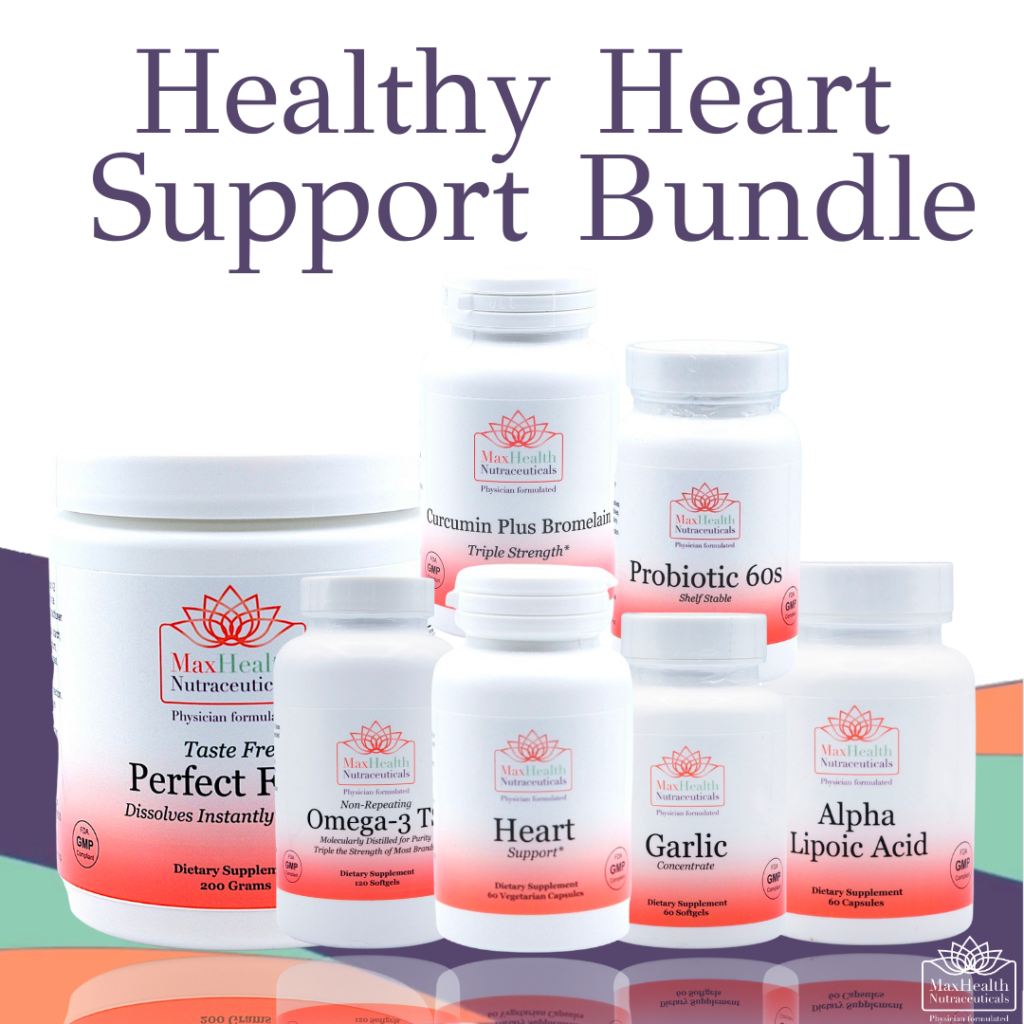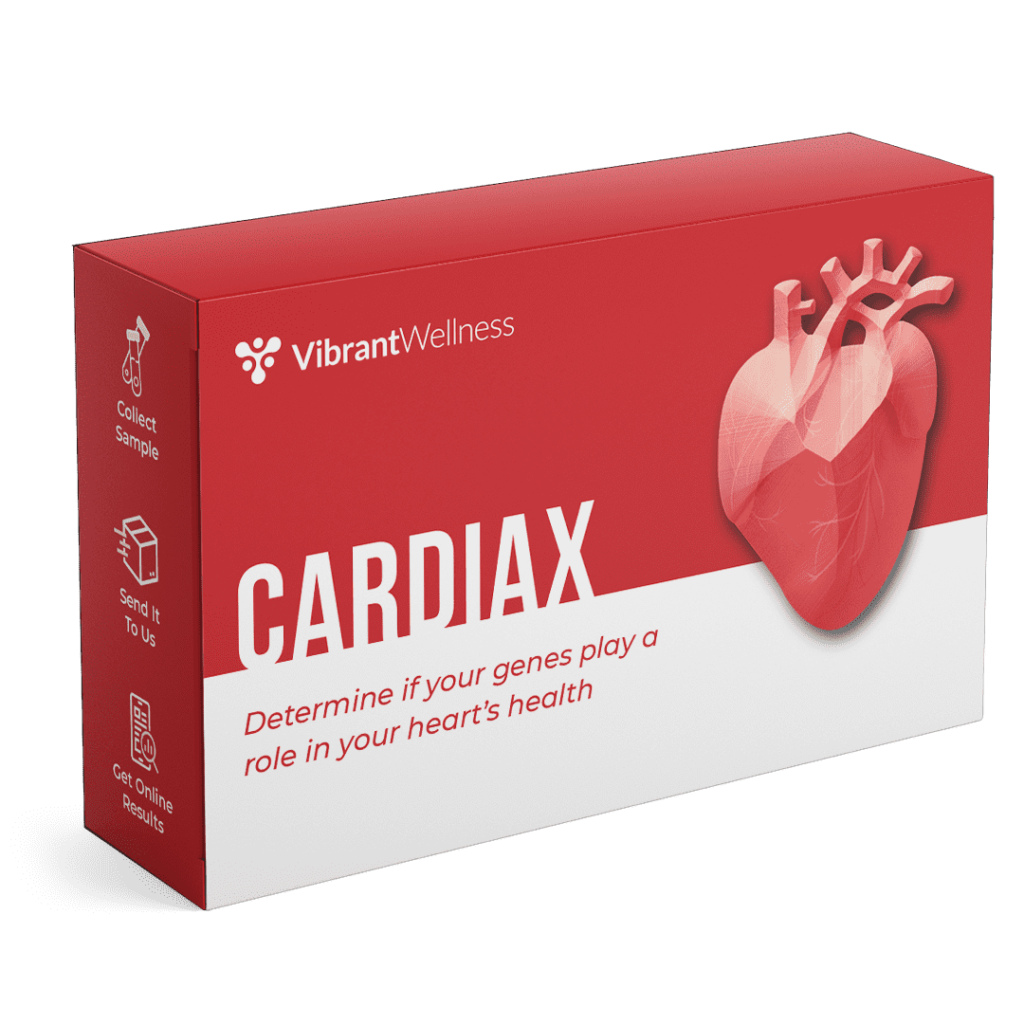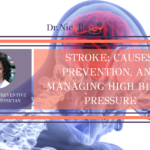
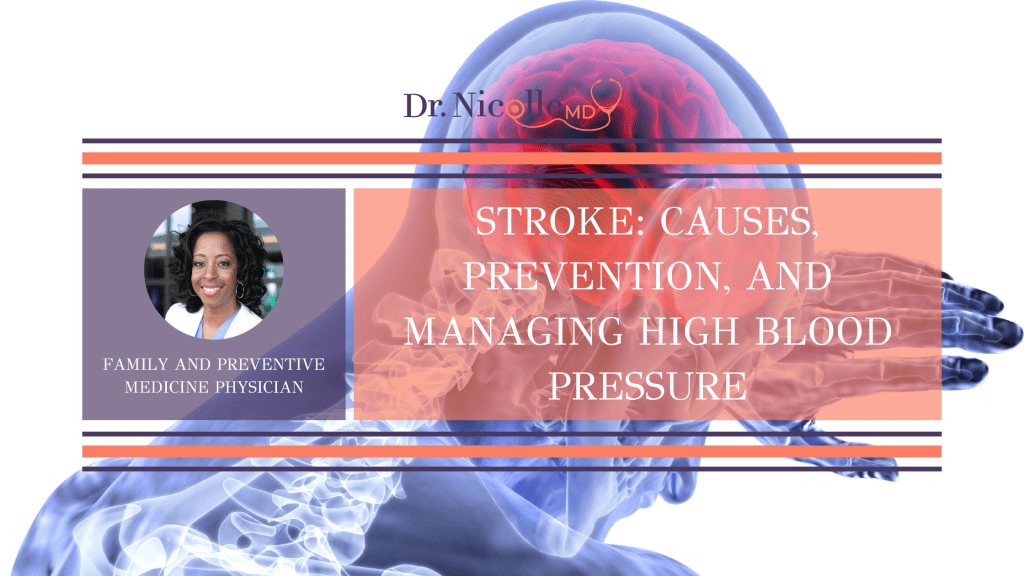
A stroke is a serious and often life-threatening event where blood flow to the brain is cut off. It can leave you with permanent impairments to your memory, cognitive abilities, speech, sight, facial control, and ability to move extremities.
While a stroke may seem to appear with no prior warning, it’s often the result of many unseen factors lurking under the surface that have been damaging your arteries and blood vessels for years.
One major cause is high blood pressure, which can significantly restrict blood flow to the brain. Your risk of a stroke may also increase if you don’t properly take care of your health or if you have heart disease or diabetes.
Understanding the potential causes of a stroke can help you manage your risk factors.

Stroke Causes
Strokes occur as a result of two primary causes in your body, both of which limit the amount of blood reaching your brain. Your blood vessels may be blocked, limiting blood flow, or they may rupture, cutting it off entirely.
Ischemic Stroke
Ischemic strokes are more common, making up about 87% of all cases.
In an ischemic stroke, the blood vessels in the brain become obstructed with blood clots and fatty deposits, causing decreased flow or complete blockage. The brain receives a very limited amount of blood and can no longer properly function.
Smoking and high cholesterol are significant contributors to blocked and narrow blood vessels.
Hemorrhagic Strokes
Hemorrhages occur when blood vessels rupture or when blood vessels leak. This leads to bleeding inside the brain and a lack of blood flow to brain cells and nerve cells.
Uncontrolled high blood pressure is a leading cause of hemorrhagic stroke.
Preventative measures to control certain health conditions and lifestyle factors can greatly reduce your risk of any type of stroke.
Health Condition Factors
Various health conditions can increase your likelihood of having a stroke. The most notable is high blood pressure since it puts more strain on your heart and encourages narrowing and plaque build-up in your arteries.
Conditions like high cholesterol and diabetes have also been linked to a heightened risk of stroke, as has cardiovascular disease.
Strokes may also have a genetic component, so a long family history of strokes can also put you at higher risk. While you can’t fix your genes, you can participate in routine medical check-ups and make healthy lifestyle choices.
Lifestyle Factors
Diet and exercise are as important to keeping you healthy as ever. A diet high in saturated fats and bad cholesterol can damage your blood vessels and lead to obesity. It is super important to have exercise as a regular lifestyle feature in order to decrease your stroke risk.
Smoking and heavy drinking should be avoided as well, especially if you have other risk factors.
Reduce Stroke Risk Through High Blood Pressure Treatment
Since hypertension is often a precursor to a stroke, medical professionals often recommend common high blood pressure treatments to reduce your risk. These methods can improve the health of your arteries and blood vessels over time.

Frequent Exercise
Working out is always a healthy choice, but it’s especially important if you want to avoid hypertension.
In addition to lowering your blood pressure, exercise has many other benefits like strengthening your heart and increasing the amount of good cholesterol in your body. It’s also a great way to reduce stress, manage your weight, and just feel better.
Limit Fats and Sodium
Not only do diets high in saturated fats contribute to high blood pressure, but they also increase fatty build-up in blood vessels that can restrict blood flow. Add to this that many fatty foods are also heavily processed with lots of salt, and it’s no wonder why a poor diet can greatly increase the likelihood you’ll have a stroke or develop heart disease. One method for cutting back on these harmful foods is to follow the DASH diet, which is specifically geared toward managing hypertension. It prioritizes whole grains, fruits, vegetables, and lean, heart-healthy proteins.

Avoid Harmful Substances
Smoking, drinking, and taking drugs like methamphetamine and cocaine can all negatively impact your blood pressure and increase your risk of having a stroke. Trying to moderate your drinking to certain occasions and cutting out cigarettes and drugs entirely is the best plan.
Final Thoughts
Strokes can be deadly or extremely debilitating, and they can leave you with long-lasting effects on your health. It’s important to moderate your lifestyle and monitor your blood pressure so you can keep your risk as low as possible. Make these changes in your daily plans, and you can live a long and healthy life.
If you would like to receive a free resource sheet to support your quest for better heart health, click the button below to receive your gift.
I’m excited to talk about this topic today because not only do I truly believe that you have the power to reverse heart disease and lower high blood pressure to improve your health, but the science also agrees! You can adopt healthy lifestyle practices that improve your health and enrich your life, which can in turn improve the lives of those close to you. You have the power to break the cycle of these chronic diseases so that you can leave a legacy of health to your loved ones.
As you may already know, I use lifestyle medicine as the first line of treatment, before medications, to treat lifestyle-related chronic diseases. Lifestyle-related chronic diseases include diabetes, hypertension, obesity, and some cancers, just to name a few. Lifestyle practices, such as eating a whole-food plant-based diet and regular physical activity, can help you improve blood pressure and reverse heart disease. In certain cases, these approaches may even outperform pharmaceutical therapy. But I always tell my patients that conventional medications may be appropriate at this time to prevent catastrophic illness, but over time, you can work to make the necessary lifestyle changes to possibly reduce and/or eliminate medications. Please remember to always consult your physician for your particular needs and circumstances prior to making any decisions whatsoever.
Is Dietary Supplementation Right For You?
There is a common saying, “You can’t outrun a bad diet.” This is especially true when it comes to heart health. Diet is sooooo very important… Did you know that your diet could be the key to a healthy heart? It’s true – what you eat (and don’t eat) can have a big impact on your cardiovascular health. So, if you’re looking to keep your heart in tip-top shape, make sure you pay attention to what you put on your plate.
Unfortunately, it can be difficult to eat a healthy diet in this day and age. It is very important to note that we are not eating the same foods we ate years ago because the soils have been depleted of critical nutrients through current industrial farming practices. And because the soil is not as good as it used to be, the food supply (grown from the depleted soil) is not as good as it used to be. For example, you are not getting the same levels of magnesium as you would have gotten 30 or even 50 years ago.
Second, much of the food has been genetically altered, which can impact the inherent and unique nutritional composition that each food possess. For example, ancient einkorn wheat has less gluten, more protein, more Vitamin A, and more beta carotene, than modern genetically modified wheat.
Third, the toxic load in the environment today is much higher than 100 years ago. We can see this with global warming, toxic landfills, polluted oceans and waterways, etc. Toxicity levels interfere with nutrient assimilation and absorption not just into the foods, but into our bodies as well.
For some people, vitamin and mineral supplements offer important health benefits. Supplements are designed to fight deficiencies found in our diet and complement the food we eat regularly. Supplements are basically “helping hands” to our daily food.
If you need extra help in getting the nutrients you need, and/or are unable to eat better, the supplements in my Healthy Heart Bundle may provide the extra boost you need.
These are my favorite Heart Health Supplements to use! This Healthy Heart Bundle will ensure you have the intake of the important vitamins, minerals, and probiotics to decrease inflammation and boost your innate wellness day and night. Taken together, it’s a solid plan for increasing your body’s natural resiliency while you lose weight and improve your heart health, naturally.
For best results make sure you use my heart health supplements with dietary changes including a whole food plant-based diet, regular exercise (at least 2-3x per week), regular sleep (8 hours per night), and intermittent fasting (at least 1-3x per week).
Tools to Improve Heart Health
Blood Pressure Monitoring
It’s very important to monitor your blood pressure. I often recommend an automatic upper arm blood pressure cuff, but a wrist blood pressure monitor is also acceptable.
Weight Monitoring
Since weight management is very important in blood pressure control, I recommend that you be mindful of your weight and its fluctuations, and that you monitor your weight AT LEAST on a weekly basis. I recommend a scale that includes a body composition monitor.
Taking Charge Of Your Heart Health
Heart health is a big topic. It’s in the news, on our minds, and for good reason; heart disease remains the leading cause of death in the U.S. But what if there was something you could do proactively to help protect your heart from future problems? Enter the CardiaX test—a revolutionary new way to take charge of your heart health!
What is CardiaX?
CardiaX is a comprehensive genetic testing panel that looks at mutations associated with common cardiovascular risks. It can be used to determine if there are any genetic factors at play in your heart health, and it can also identify potential areas of risk that may require further action. With this knowledge, you can make informed choices about your health today with the aim of improving long-term heart health outcomes.
Who Might Benefit from CardiaX?
If you have been diagnosed with or are at risk for atherosclerosis, abnormal cholesterol production, hypertension, stroke risk, and risk for heart attack then you may benefit from this test. Additionally, anyone who wants to know more about their genetic predispositions for common cardiovascular risks may also want to consider taking this test as well.
What Can I Do With My Results?
Your results will give you an indication of whether or not there are any potential genetic markers playing a role in your risk for developing certain conditions related to heart health. From there, you can work with your healthcare provider to develop a plan that takes into account these findings and helps you develop strategies for managing them going forward. In addition to lifestyle changes such as diet and exercise modification, selecting medications that are tailored specifically to your genetics could be beneficial as well.
In A Nutshell…
The CardiaX test is an exciting new way to take charge of your heart health by learning more about how genetics might be playing a role in certain cardiovascular risks. With this knowledge in hand, patients can make decisions informed by their own unique genetic profile that will help reduce their overall risk for developing certain conditions associated with heart disease. This type of proactive approach is key when it comes to protecting ourselves against this all-too-common affliction—so don’t wait another minute! Take control of your future and get started with the CardiaX test today!
Remember, healthy lifestyle behaviors–like eating a whole-foods plant-based diet that is low in sodium, being physically active, and stress management are the best ways to prevent and control high blood pressure. Please talk with your doctor about any complementary health approaches, including supplements, you use.
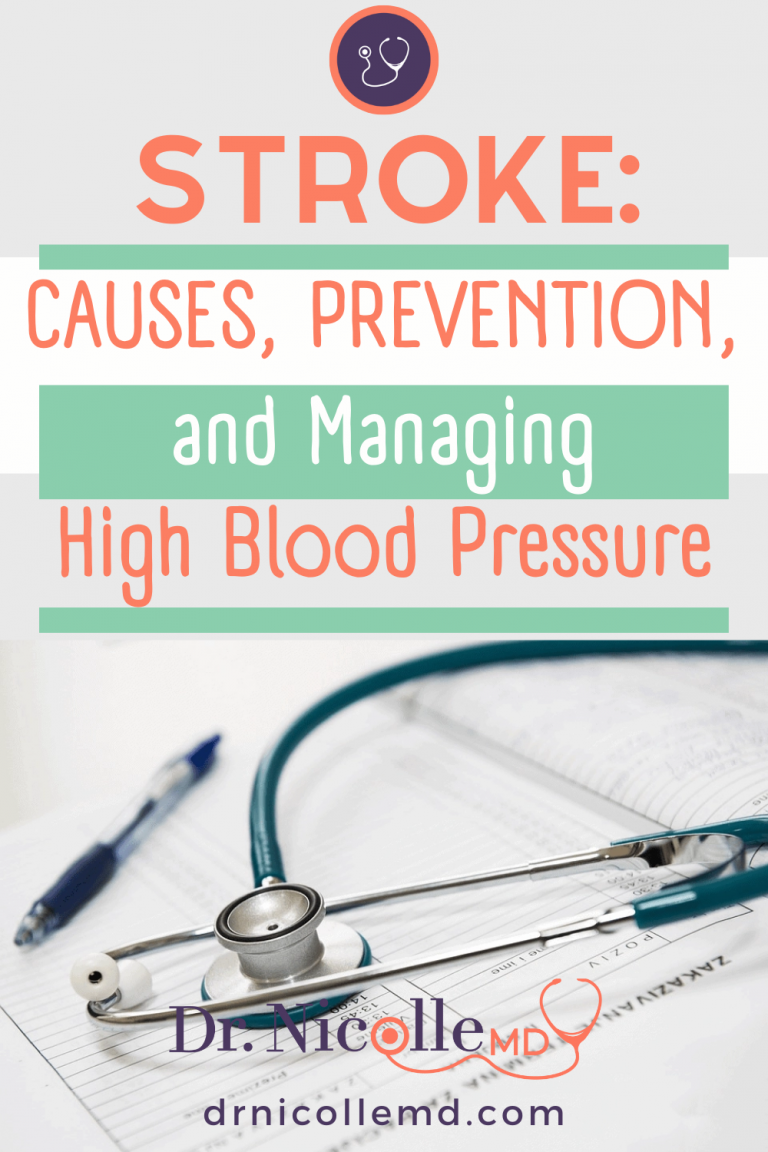
Dr. Nicolle Martin
Some of the links in this article are "affiliate links", a link with a special tracking code. This means if you click on an affiliate link and purchase the item, we will receive an affiliate commission.
The price of the item is the same whether it is an affiliate link or not. Regardless, we only recommend products or services we believe will add value to our readers.
By using the affiliate links, you are helping support our Website, and we genuinely appreciate your support.
Last updated on July 13th, 2022 at 05:59 am

Minimize Medications. Maximize Health.
Are you super busy but need to take control of your health? Are you tired of being tired? Subscribe to my “Minimize Medications, Maximize Health Blog” and I’ll give you 7 Tips to Get Healthy in No Time absolutely FREE.


